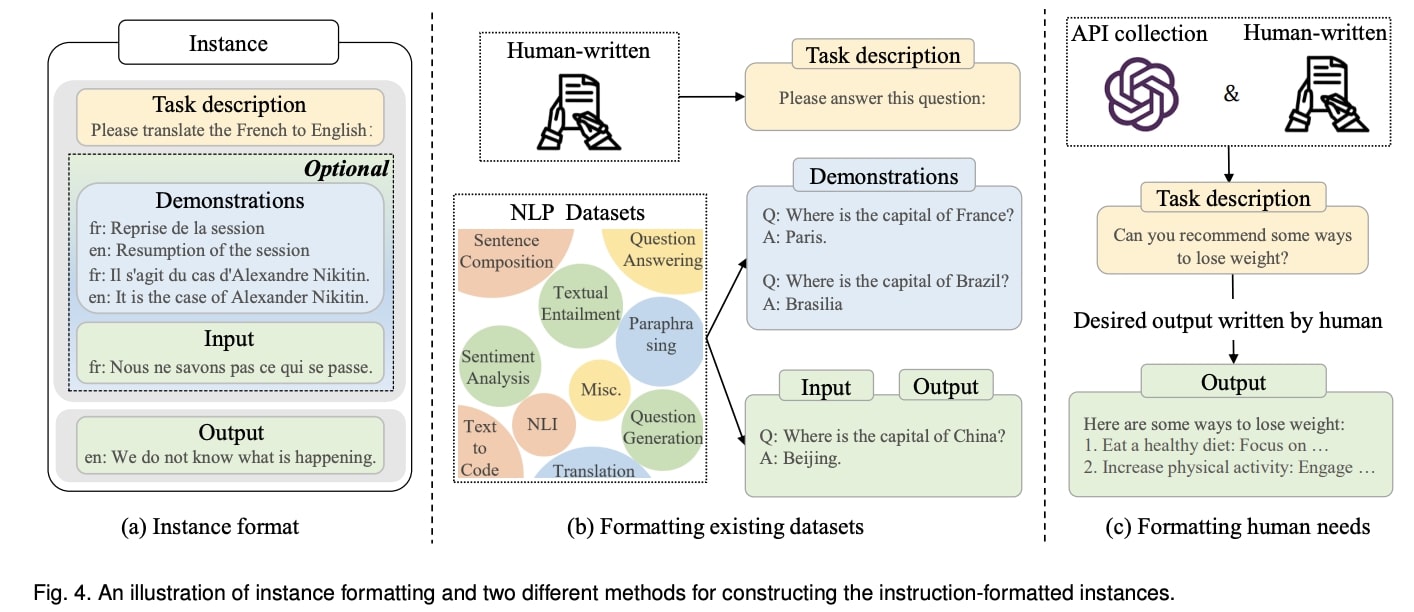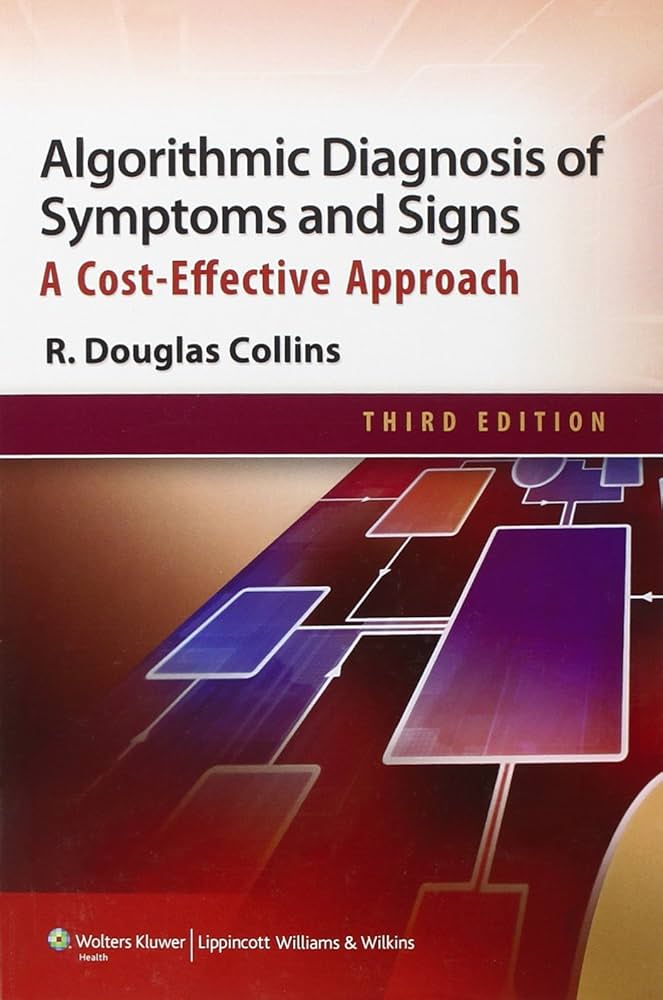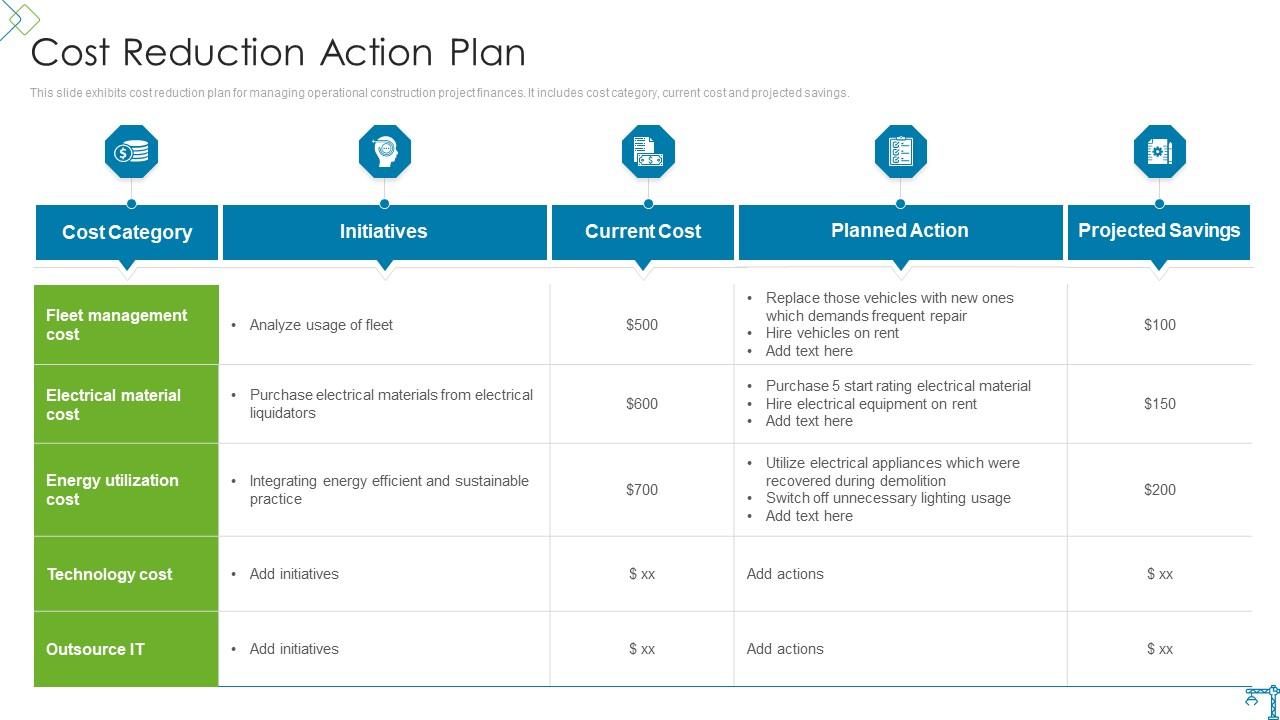
Rethinking LLM Evaluation: Efficient and Cost-Effective Solutions
Natural Language Processing (NLP) has witnessed tremendous growth in recent years, with large language models (LLMs) being employed in various applications. However, evaluating these models has become a significant challenge, requiring substantial computational power, time, and financial investment. The traditional approach involves exhaustive evaluation of models on entire test sets, which can be costly and time-consuming.
 Evaluating LLMs efficiently
Evaluating LLMs efficiently
Researchers from Cornell University and the University of California, San Diego, have introduced two novel algorithms, UCB-E and UCB-E-LRF, that leverage multi-armed bandit frameworks combined with low-rank factorization. These methods dynamically allocate evaluation resources, focusing on promising method-example pairs to significantly reduce the required evaluations and associated costs.
The Challenge of LLM Evaluation
Evaluating LLMs is a daunting task, as practitioners must select the optimal model, prompt, or hyperparameters from hundreds of available choices for their specific needs. Techniques like prompt engineering and hyperparameter tuning necessitate extensive testing of multiple configurations to identify the best-performing setup, leading to high resource consumption.
Multi-Armed Bandit Approach
The UCB-E algorithm extends classical multi-armed bandit principles to select the most promising method-example pairs for evaluation based on upper confidence bounds. At each step, it estimates the upper confidence bound of each method and picks the one with the highest bound for the next evaluation. This approach ensures efficient resource allocation, focusing on methods more likely to perform well.
Leveraging Low-Rank Factorization
UCB-E-LRF incorporates low-rank factorization to estimate unobserved scores, further optimizing the selection process and improving efficiency in identifying the best method. By leveraging the intrinsic low-rankness of scoring matrices, UCB-E-LRF predicts the remaining unobserved method-example pairs and prioritizes evaluations of pairs with large uncertainties.
 Substantial cost savings in LLM evaluation
Substantial cost savings in LLM evaluation
Experimental Results
The proposed algorithms have substantially reduced evaluation costs, identifying top-performing methods using only 5-15% of the required resources. Experiments showed an 85-95% reduction in cost compared to traditional exhaustive evaluations, proving the effectiveness and efficiency of these new approaches.
Impact on NLP Model Development
This research addresses the critical problem of resource-intensive LLM evaluations by introducing efficient algorithms that reduce evaluation costs while maintaining high accuracy in identifying top-performing methods. This advancement holds significant potential for streamlining NLP model development and deployment processes. By focusing on promising methods and leveraging low-rank factorization, the researchers have provided a robust solution to the challenge of efficient LLM evaluation.














